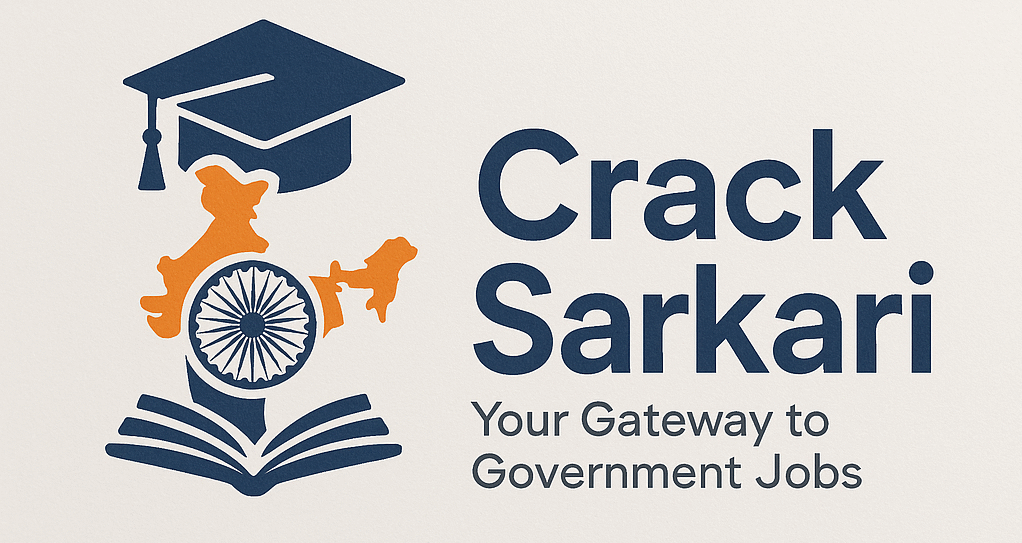The success stories of candidates who cracked the UPSC exam through self-study are powerful reminders that greatness doesn’t always require expensive coaching. While coaching institutes offer structured guidance, the true magic lies in the hands of those who choose to chart their own course. So, what does it really take to succeed with just books, determination, and sheer willpower?
Take the inspiring example of Satyam Gandhi, a young aspirant from Bihar who secured an incredible AIR 10 in his first attempt. With no coaching to back him, Satyam relied solely on self-study, proving that even the most difficult obstacles can be overcome with focus and the right approach.
The shift toward self-study is more than just a passing trend—it reflects a growing belief that success can be self-made. Could you be the next one to make it? As more and more aspirants move away from traditional coaching, it’s time to rethink your approach.
The key question is: Are you ready to believe in yourself and your abilities? Let’s dive into the inspiring journeys of those who have defied the odds, and explore how you can too!
Overcoming the Odds: How Self-Study Leads to IAS Success
While self-study may seem intimidating at first, many successful IAS toppers have shown that it’s not only possible but incredibly effective. In the beginning, most of these aspirants struggled with the pressures of conventional coaching classes. The rigid schedules and sometimes ineffective teaching methods led them to rethink their approach. Although many faced initial setbacks, what set them apart was their realization that self-study offered flexibility, focus, and a more personalized learning path.
Let’s look at some remarkable success stories of those who passed the UPSC exam through self-study, and how they turned their challenges into triumphs.
Srushti Jayant Deshmukh: A Tale of Consistency and Dedication
At just 23 years old, Srushti Jayant Deshmukh cracked the 2018 UPSC exam with an outstanding AIR 5 in her first attempt. She relied on online resources and strategically split her time between preparing for the Prelims and Mains, all while diligently practicing answer writing. Srushti’s success wasn’t solely about hard work; it was her disciplined and well-structured study plan that kept her on track. Her journey proves that consistency and focus often outweigh the reliance on formal coaching.
Ananya Singh: The Youngest IAS Officer at 22 Without Coaching
Ananya Singh achieved an AIR 51 in her first attempt at the age of 22 in 2019. She began her preparation during her final year of college, dedicating 7 to 8 hours a day to studying. Ananya followed a strict six-hour study schedule and managed to prepare for both Prelims and Mains simultaneously. Her ability to stay focused without the help of any coaching classes is a testament to the effectiveness of a structured study routine.
Arun Raj: From IIT Kanpur to IAS Rank 34 Without Coaching
Arun Raj’s path to becoming an IAS officer is a prime example of dedication and self-reliance. He cleared the UPSC exam in his first attempt in 2014, securing AIR 34. A graduate of IIT Kanpur, Arun was already an excellent student but chose to prepare for the IAS exam on his own, without enrolling in any coaching classes. His approach focused on mastering the basics, especially using NCERT textbooks to build a strong foundation. Arun’s journey highlights the importance of consistency, thoughtful planning, and trusting in one’s own capabilities.
Tapasya Parihar: Achieving Success Through Self-Study
Tapasya Parihar, who secured an All India Rank of 23 in the 2017 UPSC exam, offers a fresh perspective on the value of self-study. After feeling frustrated with the coaching system, Tapasya decided to forge her own preparation strategy. She relied entirely on self-study, believing that it allowed her to gain a deep understanding of the syllabus and sharpen her answer-writing skills. Tapasya’s story shows that success isn’t about having access to resources but about creating a personal strategy and exercising self-discipline.
Soumya Sharma: Proving That Disability is No Obstacle
“Strength does not come from physical capacity. It comes from an indomitable will.” — Mahatma Gandhi
Soumya Sharma’s journey to securing AIR 9 in the 2017 UPSC exam is a shining example of determination overcoming challenges. Despite having a hearing impairment, she proved that physical limitations are no match for an unwavering will. Soumya prepared for the exam entirely on her own, without coaching, and passed it on her first attempt. Her story serves as an inspiration for all aspirants facing their own unique challenges, proving that no obstacle is too great when paired with resolve.
These stories of candidates who passed the UPSC exam through self-study serve as a reminder that formal coaching isn’t always necessary for success. With determination, a solid plan, and trust in your own abilities, anyone can make their IAS dream a reality.
